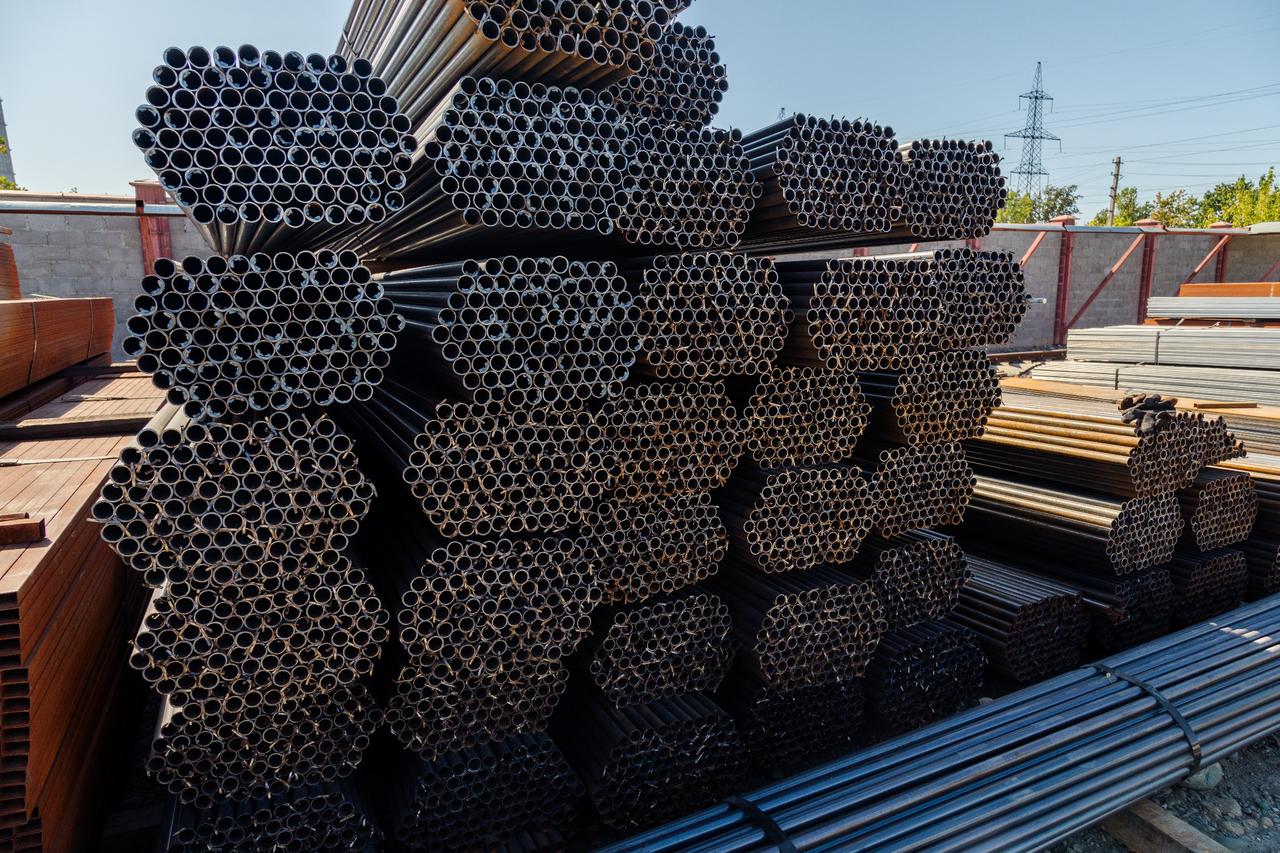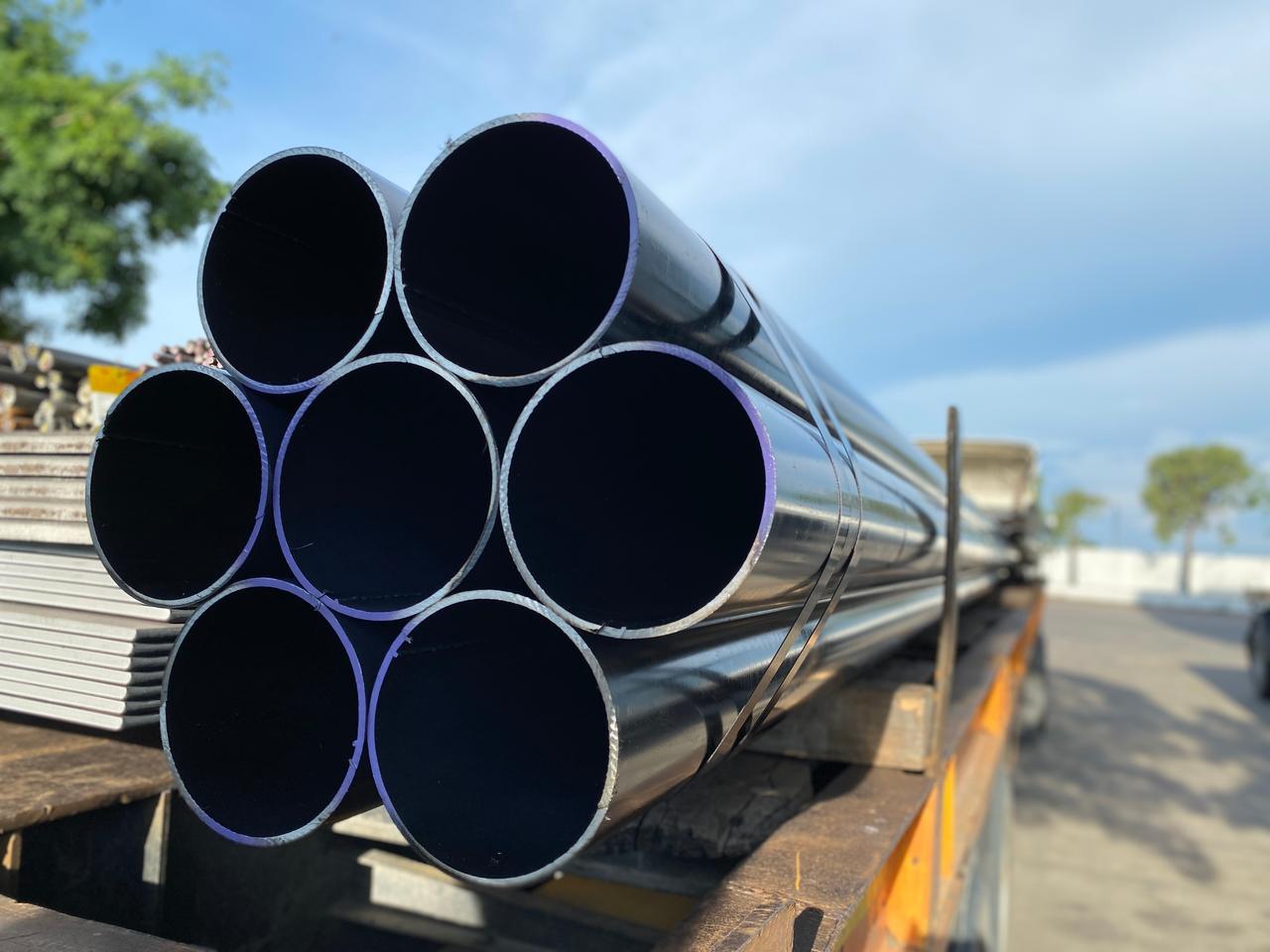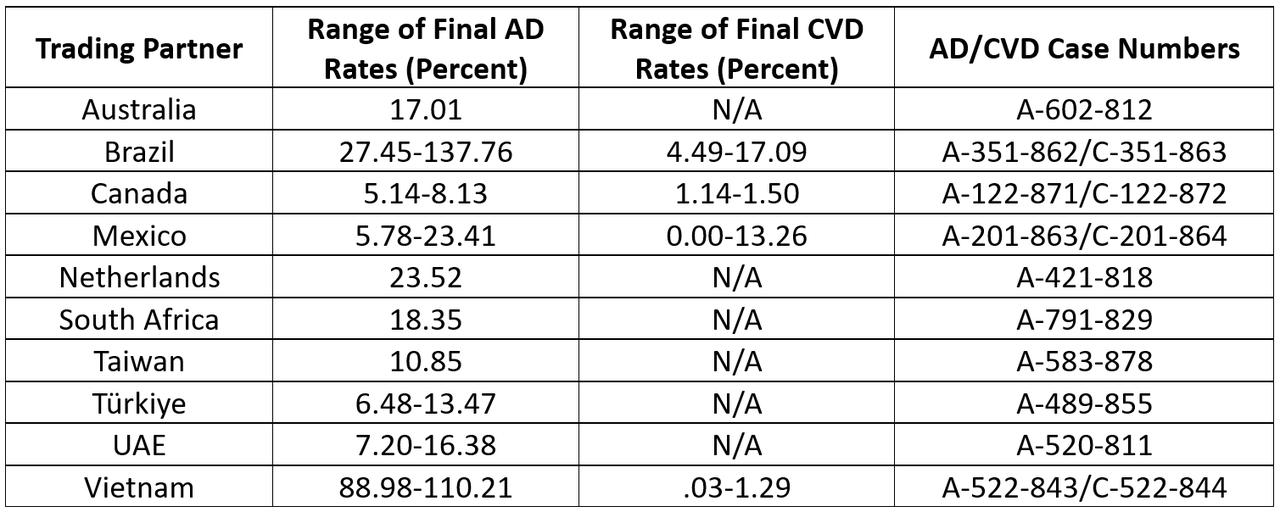
The U.S. Department of Commerce announced Tuesday that it has decided to put antidumping duties on corrosion-resistant steel (CORE) imports from 10 countries, including Türkiye, claiming that the products were sold in the American market at unfairly low prices or benefited from state subsidies.
The announcement affects approximately $2.9 billion in imports of CORE, a steel product widely used in automobile manufacturing, household appliances, and commercial and residential construction.
Antidumping measures are extra tariffs placed on imports sold below fair market value to prevent harm to local industries.
In a statement, the Department of Commerce said that the decision reflects the administration’s intention to enforce U.S. trade laws strictly.
"American steel companies and workers deserve to compete on a level playing field," Under Secretary of Commerce for International Trade William Kimmitt stated, adding that the announced rates demonstrate Washington’s commitment to preventing unfairly traded goods from harming the domestic market.
The countries that will be affected by the new tariffs are Türkiye, Australia, Brazil, Canada, Mexico, the Netherlands, South Africa, Taiwan, the United Arab Emirates, and Vietnam.

For Türkiye, the Commerce Department assigned antidumping duties ranging from 6.48% to 13.47%, while no countervailing duty rate was applied.
According to Türkiye’s General Trade System, the country’s exports of corrosion-resistant steel to the United States stood at $83.84 million in 2024 and $25.95 million in the first half of 2025.
Total iron and steel exports from Türkiye to the United States were valued at $384.72 million in 2024 and $137.97 million in the first half of 2025.

Other countries face higher penalties. Brazil received antidumping rates between 27.45% and 137.76%. It also faced countervailing duties ranging from 4.49% to 17.09%.
Vietnam was hit with antidumping duties between 88.98% and 110.21%. It also received smaller subsidy margins.
Canada, Mexico and the United Arab Emirates faced both antidumping and countervailing duties. The Netherlands, South Africa, Taiwan, and Australia were subject only to antidumping rates.
The next step rests with the U.S. International Trade Commission (ITC), which will decide whether these imports caused injury to American producers. If it issues an affirmative ruling, Commerce will formally impose the duties at the announced rates.